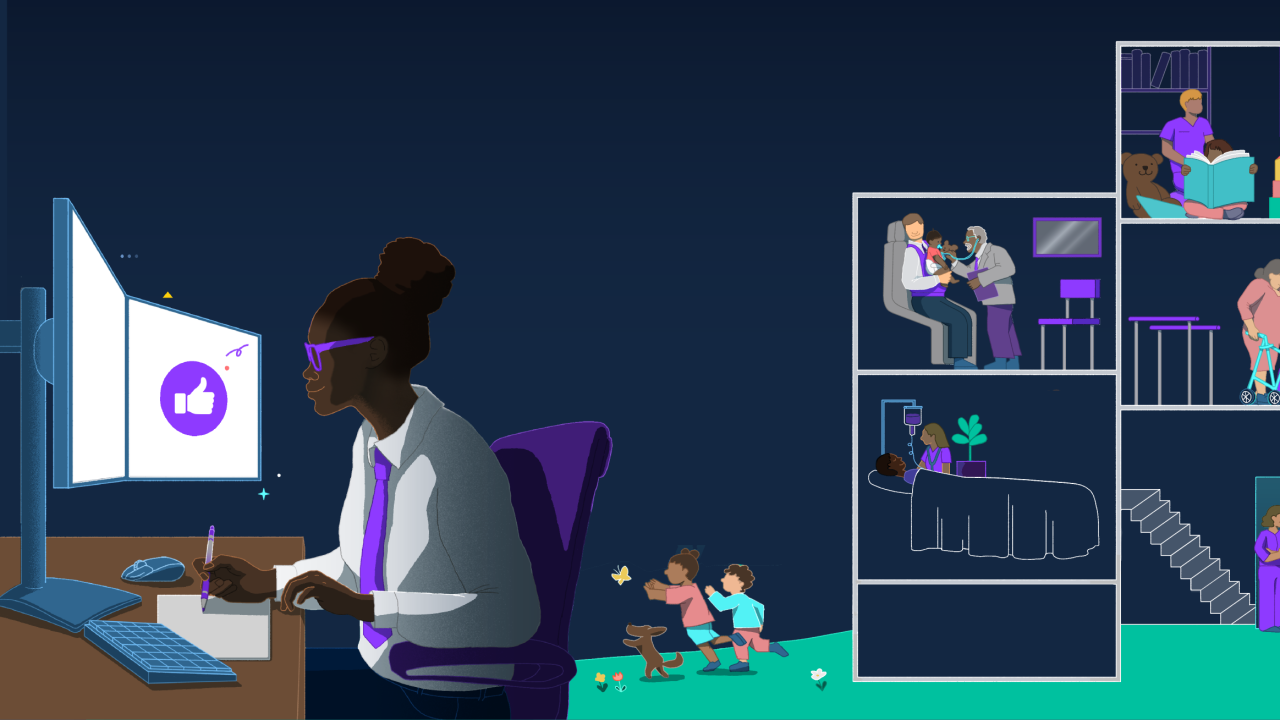The youngest demographic of workers — and how they will change the future of work — has been one of the most talked about topics by employers and HR leaders. But what do Gen Z employees have to say for themselves?
In 2021,
“There's all this talk about us, but who's including us in the conversation?” Farage says. “We don't have many advocates.”
Gen Z feels the most misunderstood in the workplace — more than three quarters of Gen Z employees feel they’re being ignored by their manager, according to a study by UKG Workforce Institute, a workplace education think tank. For many, the age gap between them and their managers makes it hard to communicate, but that gap can be bridged.
Read More:
“When I think about Gen Z, it all goes back to how we think about ourselves as consumers and our identity and what that means,” says Meagan Loyst, 25, an associate at venture capital firm Lerer Hippeau. “Who we are is not just where we work. Young people just want careers that are a bit more fluid and allow a little bit more room for that type of creativity, while also being heard in more senior level conversations.”
Often,
“It’s on the leader to have these difficult conversations,” Farage says. “To say ‘Let’s talk about benefits. What are some benefits that you would want and that would really help you in your lives? What are we struggling with?’ Give us the ability and space to have super honest conversations with each other that will create a shared sense of belonging and trust.”
In her experience, employers have a tendency to focus more on work perks over the things that truly matter to young employees.
Read More:
“Millennials have to have help with buying a house but we have to have help affording rent to work in the city that we are required to be in, in order to go to work,” Farage says. “For example, you need to make at least $55-65,000 a year to live in New York City — but a lot of entry level roles start at $40,000. How does that make any sense?”
Gen Z workers are also more willing than other generations to
Loyst counts herself as an entrepreneur, in addition to working a full-time gig: in November 2020, Loyst founded Gen Z VC, an online network of over 14,000 young and aspiring venture capitalists, founders, angel investors and startup enthusiasts. She networks, hosts events and creates connections with her side hustles without losing interest in her day job, and she says this mindset is only going to become more common among her peers.
“For younger employees, having a personal brand is going to be more important in the coming years,” she says. “And so working in a place that not only accepts but also encourages the type of creativity outside of work that could help augment your career is certainly welcome.”
To
Read More:
“As a young employee, things like mentorship is extremely important, but it's typically a one-sided relationship where the young person is learning from the more experienced person,” Loyst says. “But I think that notion is changing and companies are recognizing that it's important for retention to hear younger voices and encourage a cross-fluid exchange of information between the youngest people in an organization and also the most senior talent.”
For example, cosmetics company Estée Lauder launched
“[Employers need to] shift the narrative to, ‘How do we enhance the experience for you as a young professional in what you're trying to get out of work and give that to you?’” Farage says. “They need to do it in a way that is consistent, where you can trust that the environment will support you in whatever your goals are.”






